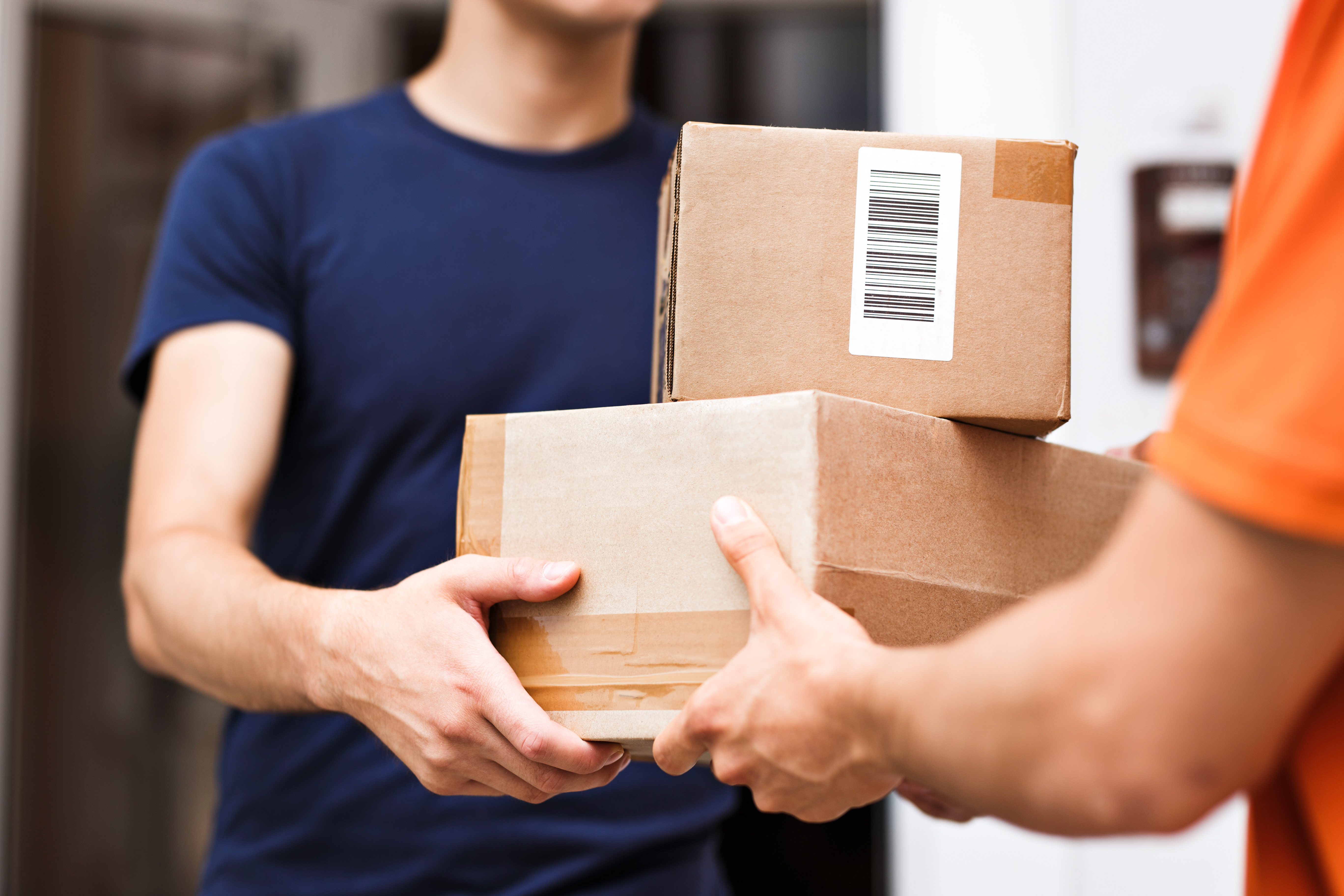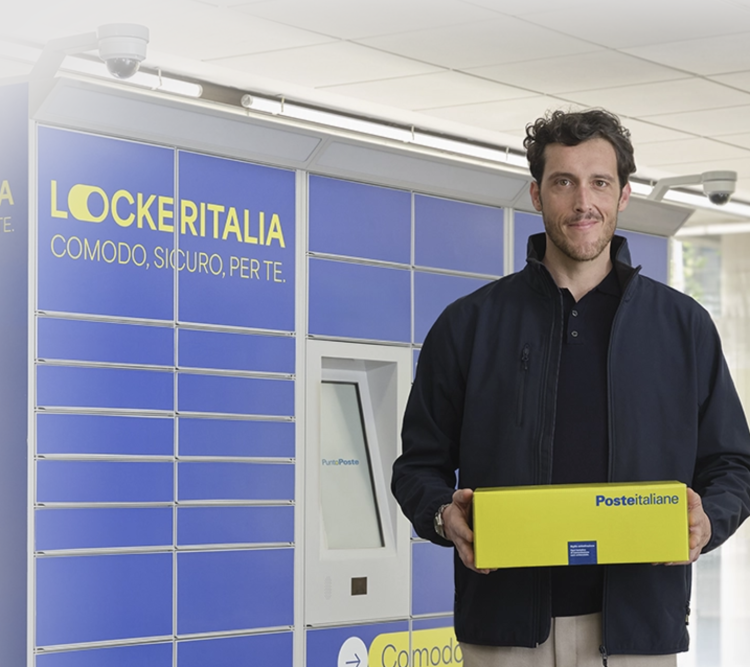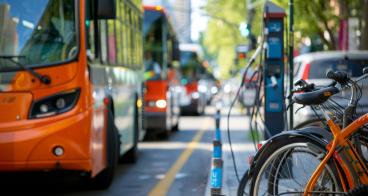Streamlining last-mile delivery with modular lockers in Rome

Source: Leika production, adobe stock 217658823
The Challenge
Italian cities, particularly Rome, face significant challenges related to last-mile logistics. The rapid growth of e-commerce has caused a surge in parcel deliveries, with the Italian parcel market exceeding 830 million shipments in 2020, more than double the number from the decade prior. This increase has led to higher delivery inefficiencies, such as missed parcels and repeated delivery attempts, which in turn exacerbate urban congestion and environmental impact.
According to a report by the Eurasia Review, the demand for e-commerce deliveries is projected to lead to a 36% increase in the number of delivery vehicles in cities by 2030, further aggravating traffic congestion and CO₂ emissions.
The situation is compounded by the inefficient use of public space, with delivery vans blocking sidewalks, parking spaces, and busy intersections, disrupting pedestrian movement and causing safety concerns. Traditional home delivery is often unreliable, particularly for people who are not at home to accept packages, leading to increased return rates and inefficiencies. The environmental impact is also significant, as multiple delivery attempts increase CO₂ emissions.
The urban context clearly highlights the need for a more sustainable and efficient last-mile logistics solution to reduce congestion, emissions, and improve accessibility for consumers.
The Solution
Developed as part of a collaboration between DHL and Poste Italiane to create an agnostic, modular parcel locker system, Locker Italia is an innovative solution addressing the challenges of urban last-mile delivery.
Smart, modular parcel lockers provide a flexible system that works with multiple logistics providers, enabling consumers to receive and send parcels 24/7. This solution reduces delivery failures, eliminates missed packages, and enhances customer convenience. The lockers are integrated with mobile apps, QR codes, and smart routing systems, allowing users to easily pick up or drop off parcels at transport hubs, retail areas, and residential zones.
Locker Italia aligns with the principles of the Physical Internet, offering scalable and open infrastructure that can adapt to future logistics needs. The solution is modular, flexible and interoperable, allowing for seamless integration with various logistics providers, while also optimising parcel flows to reduce inefficiencies and environmental impact.
The system was first deployed in Rome in 2024 and is set to expand nationwide. It supports the sustainable transformation of urban logistics, contributing to logistical efficiency and environmental goals. As a result, Locker Italia meets the demand for more efficient delivery solutions and supports cities in their quest for cleaner, greener, and smarter urban environments.

Source: Poste Italiane https://www.poste.it/
Making an impact
While specific impact data for Locker Italia is not yet publicly available, recent research by the Osservatorio eCommerce B2C of Politecnico di Milano highlights the expected benefits of similar parcel locker systems in Italian urban contexts. According to their findings, parcel lockers can reduce delivery costs by up to 60% in urban areas and up to 65% in suburban areas, compared to home delivery.
From an environmental perspective, when customers pick up parcels without deviating from their normal routes, CO₂ emissions can be reduced by up to 73% in cities and up to 76% outside urban centres. These substantial reductions stem from decreased delivery attempts and consolidated logistics routes, which contribute to lower congestion and fuel use.
These findings suggest that Locker Italia has the potential to generate significant ecological and economic benefits as its network expands. With further local data pending, the solution is expected to align with proven trends towards more sustainable, efficient last-mile delivery systems in high-density environments like Rome.

Source: Anela R/peopleimages.com, Adobe Stock 608153109
Lessons learnt
Although the Locker Italia is still in its early stages, several preliminary insights can be drawn from its launch in Rome in 2024. The collaboration between DHL Group and Poste Italiane underscores the potential of strategic partnerships between private logistics operators and national postal services in addressing urban logistics challenges. The modular and open nature of the system, designed according to Physical Internet principles, has shown promise in enabling interoperability between multiple stakeholders—though its full scalability and impact will require further evaluation over time.
There is significant potential for further integration of smart routing technologies and broader global interoperability with open logistics networks, further contributing to the Physical Internet vision for a connected and efficient logistics ecosystem.
Initial deployment in Rome revealed the importance of careful site selection, alignment with local mobility strategies, and user engagement from the outset. Early observations suggest that locker-based solutions may help mitigate delivery-related congestion and improve service convenience for urban residents.
As the rollout continues, future phases will benefit from adaptive planning, coordinated governance, and sustained user feedback. These emerging lessons could serve as a foundation for other European cities aiming to implement inclusive, digitally-enabled and low-impact urban logistics systems.






